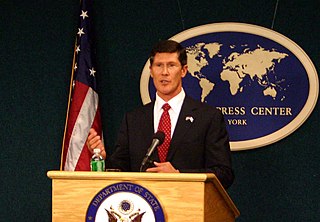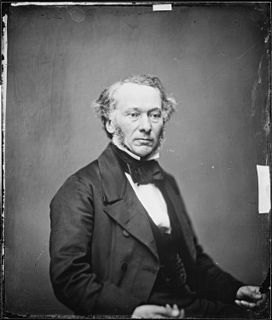A Quote by John Thain
Regulators are in the best position to regulate when they are intimately knowledgeable about the activities they are regulating.
Quote Topics
Related Quotes
I hold all idea of regulating the currency to be an absurdity; the very terms of regulating the currency and managing the currency I look upon to be an absurdity; the currency should regulate itself; it must be regulated by the trade and commerce of the world; I would neither allow the Bank of England nor any private banks to have what is called the management of the currency.
Policemen and laws can never replace customs, traditions and moral values as a means for regulating human behavior. At best, the police and criminal justice system are the last desperate line of defense for a civilized society. Our increased reliance on laws to regulate behavior is a measure of how uncivilized we’ve become.
Well the thing is that under the [Ronald] Reagan administration, excesses have occurred in terms of over regulating certain types of behavior, and excesses have occurred in the opposite direction, in de-regulating other types of behavior. As a matter of fact, if they continue to regulate the airlines, we might have safer skies, and if they slack off on the radio, we might have better radio. If they just use it as a threat, eventually there's going to be another test case like the one that the 7 dirty words ruling came out of, and basically, its extortion.
In a world of businessmen and financial intermediaries who aggressively seek profit, innovators will always outpace regulators; the authorities cannot prevent changes in the structure of portfolios from occurring. What they can do is keep the asset-equity ratio of banks within bounds by setting equity-absorption ratios for various types of assets. If the authorities constrain banks and are aware of the activities of fringe banks and other financial institutions, they are in a better position to attenuate the disruptive expansionary tendencies of our economy.


































